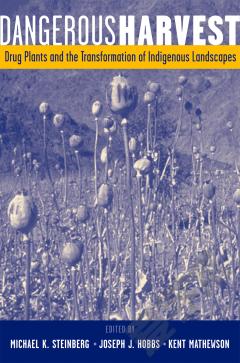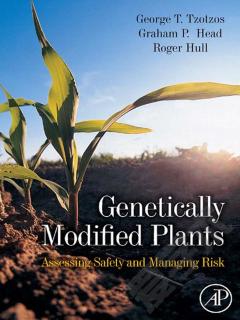Dangerous Harvest —— Drug Plants and the Transformation of Indigenous Landscapes
----- 危险的收获:药物植物和土着景观的转变
The global drug trade and its associated violence, corruption, and human suffering create global problems that include political and military conflicts, ethnic minority human rights violations, and stresses on economic development. Drug production and eradication affects the stability of many states, shaping and sometimes distorting their foreign policies. External demand for drugs has transformed many indigenous cultures from using local agricultural activity to being enmeshed in complex global problems. Dangerous Harvest presents a global overview of indigenous peoples' relations with drugs. It presents case studies from various cultural landscapes that are involved in drug plant production, trade, and use, and examines historical uses of illicit plant substances. It continues with coverage of eradication efforts, and the environmental impact of drug plant production. In its final chapter, it synthesizes the major points made and forecasts future directions of crop substitution programs, international eradication efforts, and changes in indigenous landscapes. The book helps unveil the farmer, not to glamorize those who grow drug plants but to show the deep historical, cultural, and economic ties between farmer and crop.
{{comment.content}}








 京公网安备 11010802027623号
京公网安备 11010802027623号